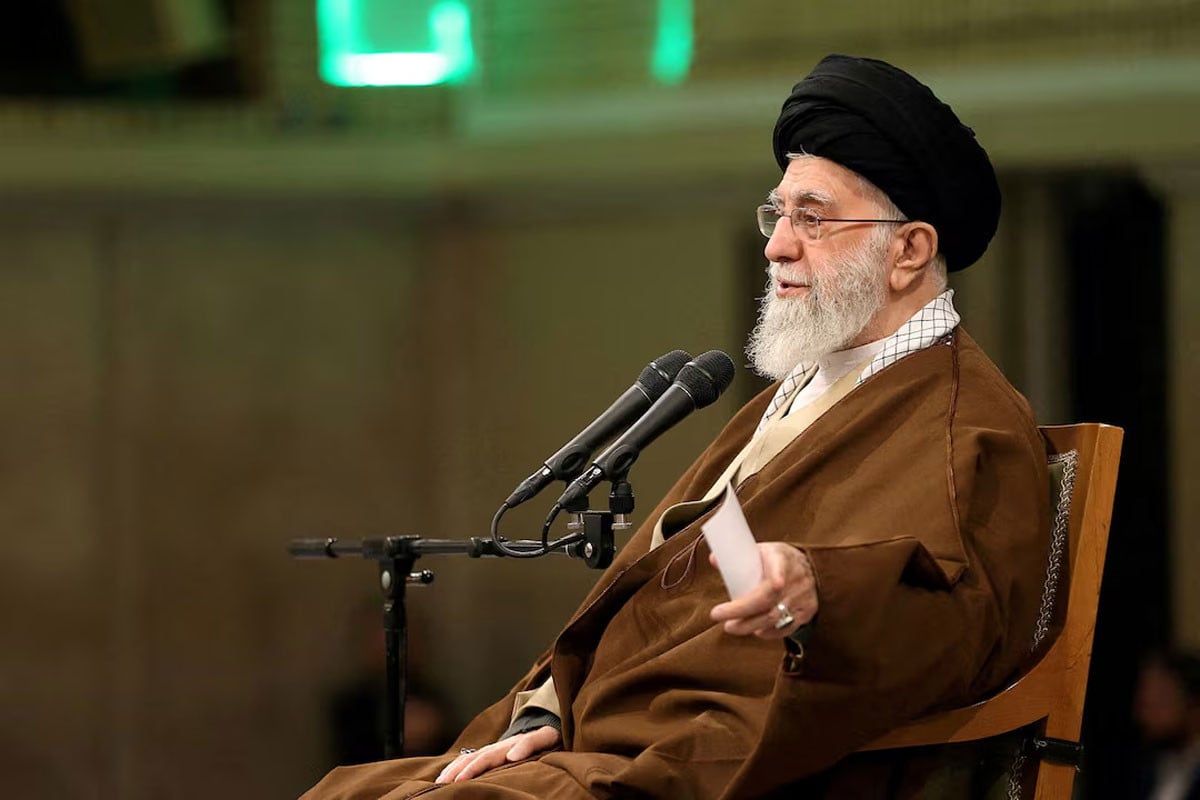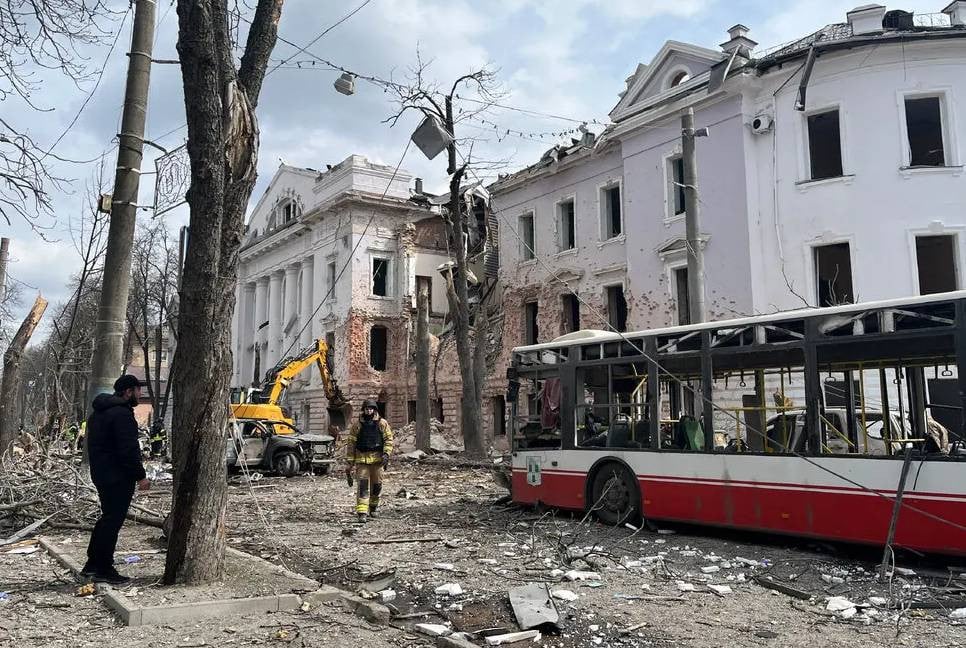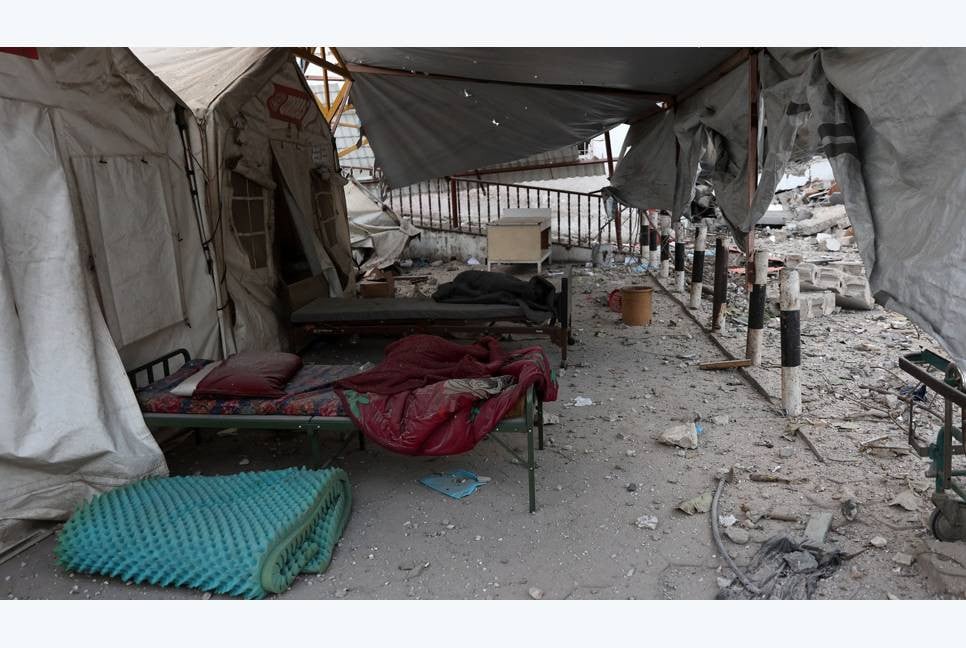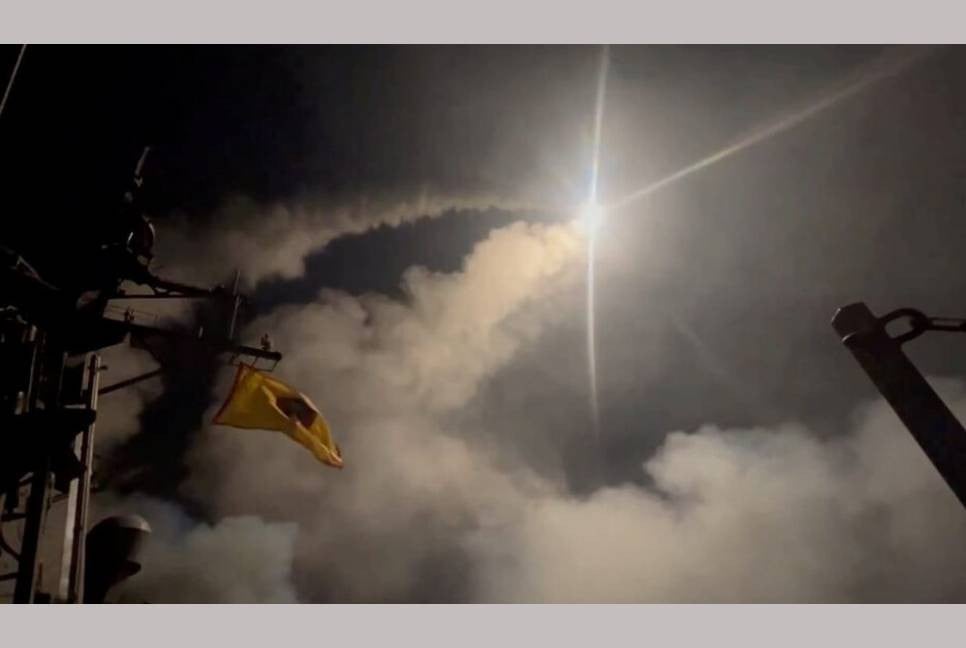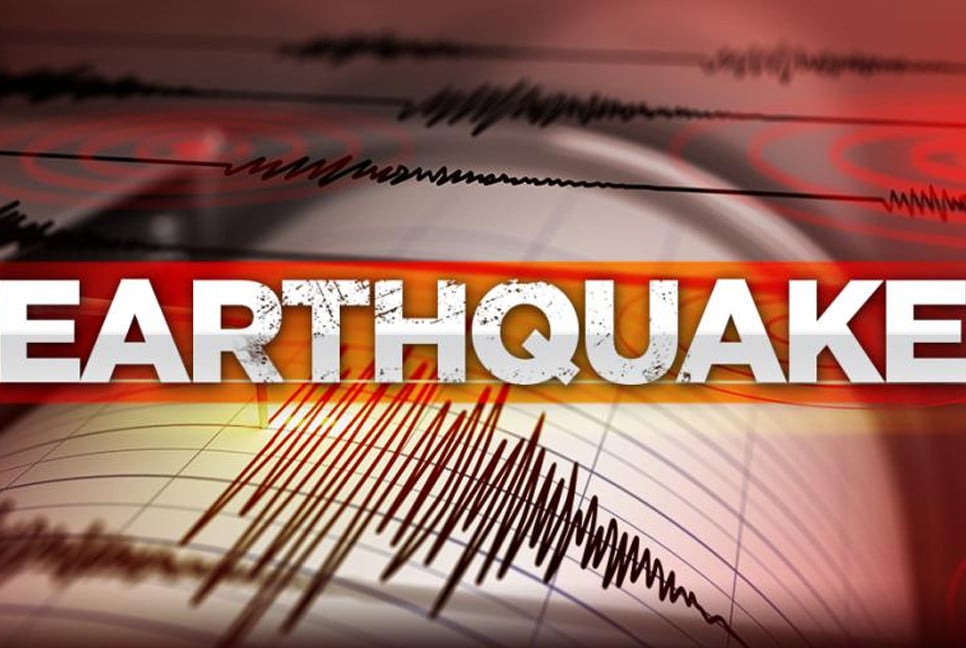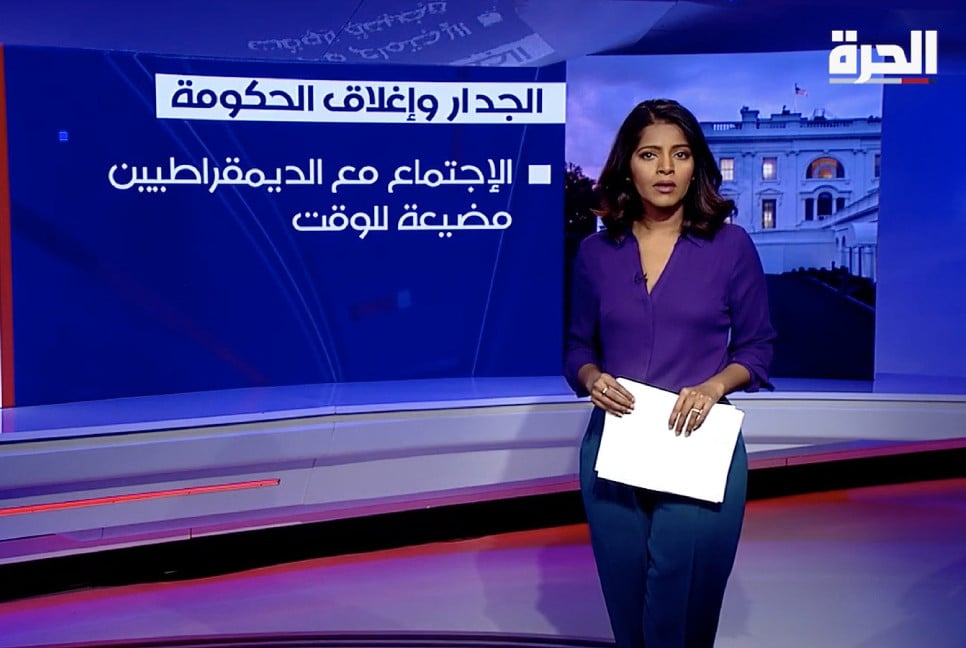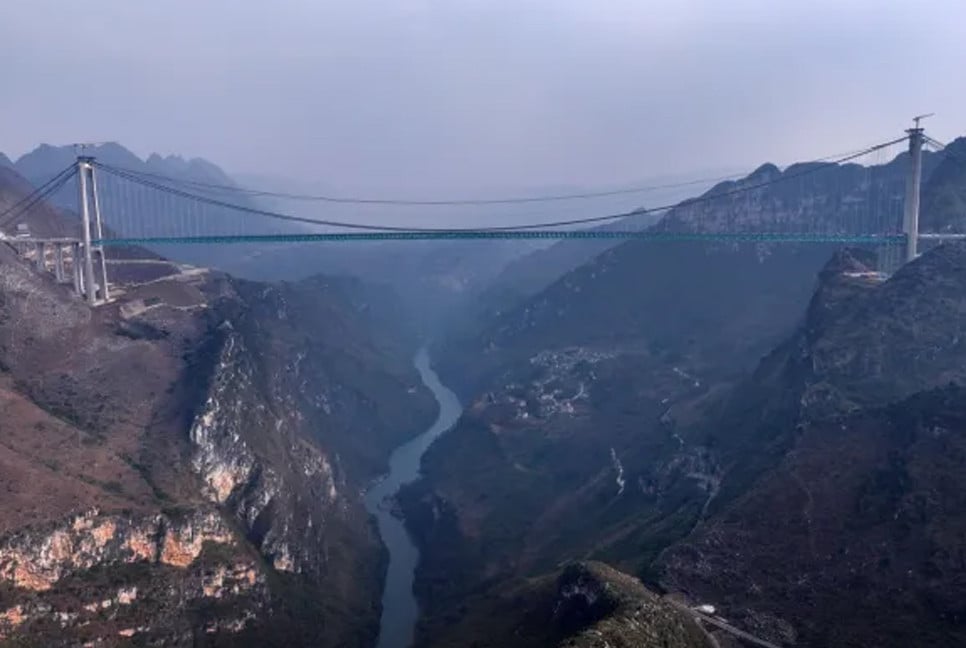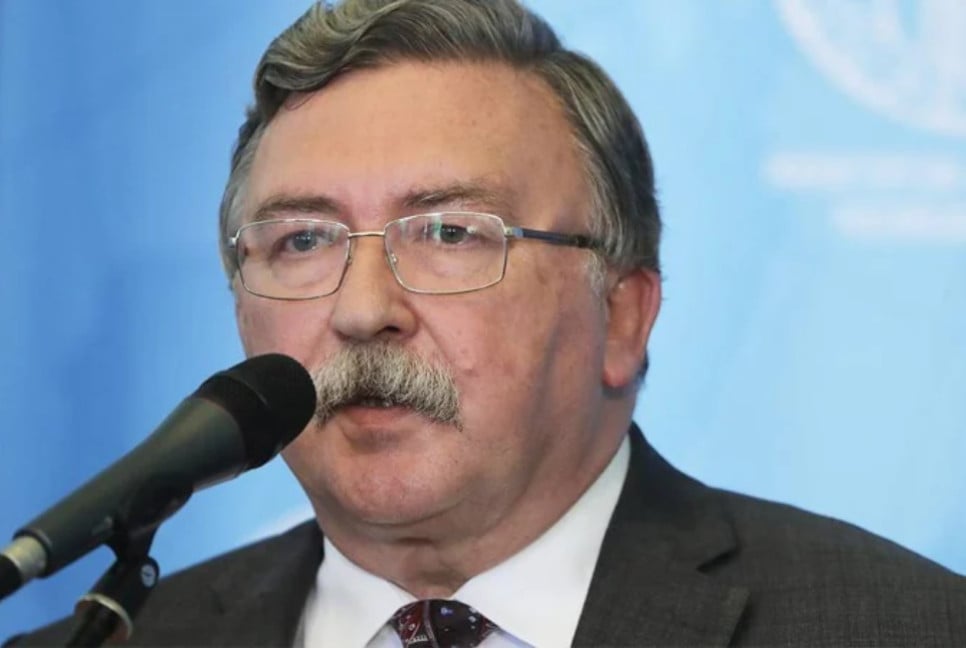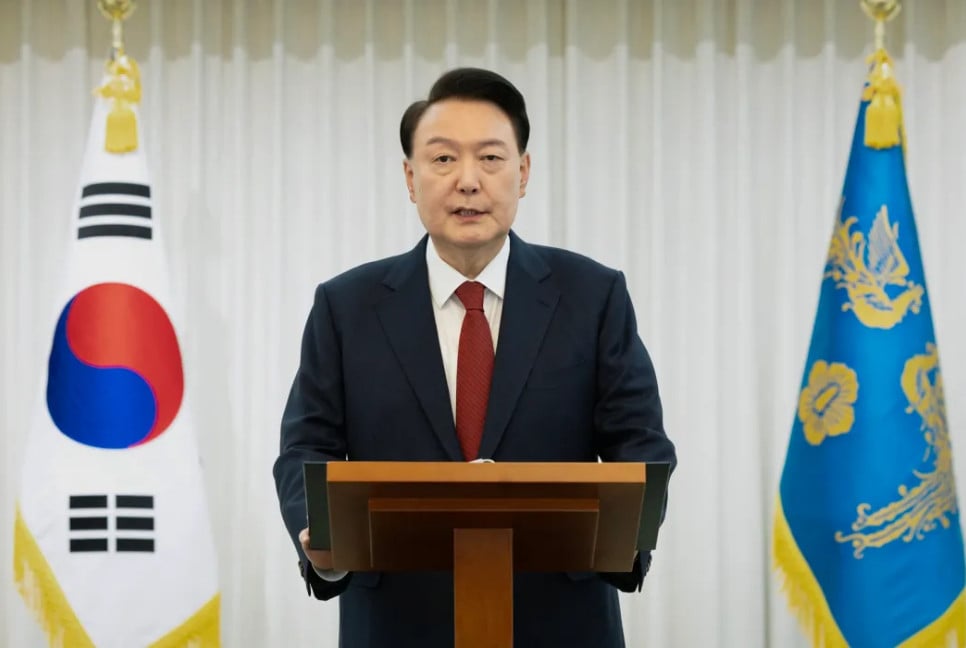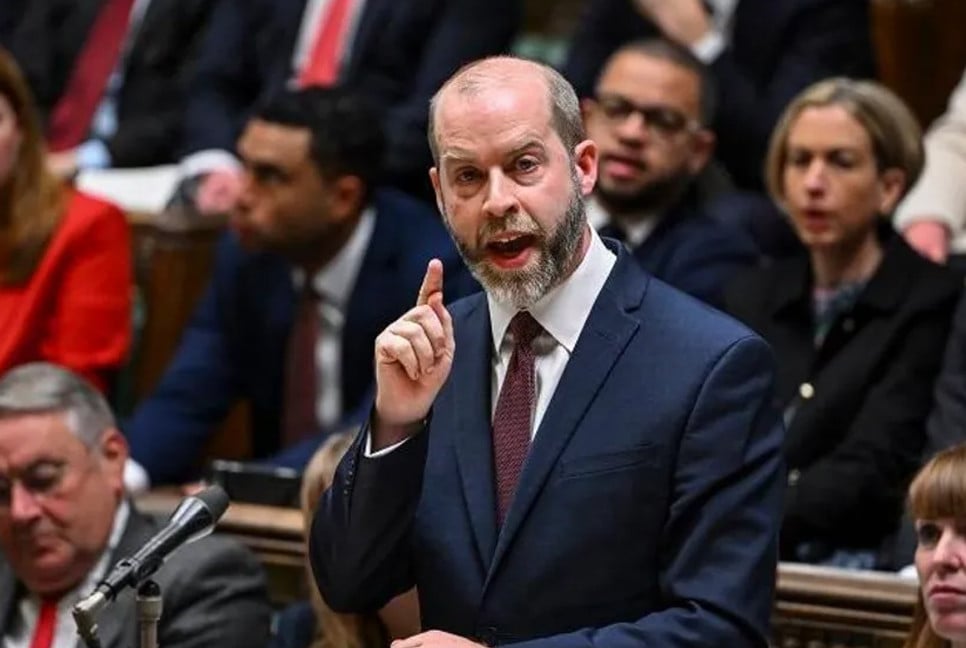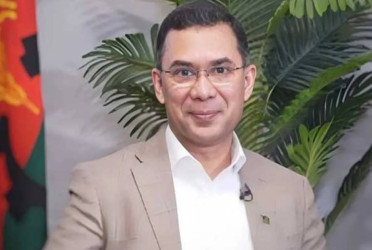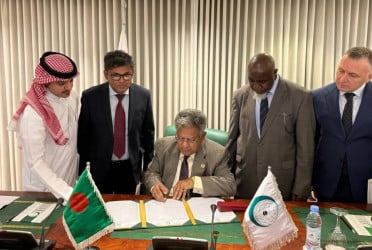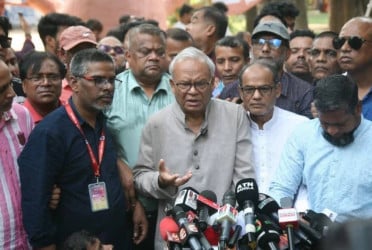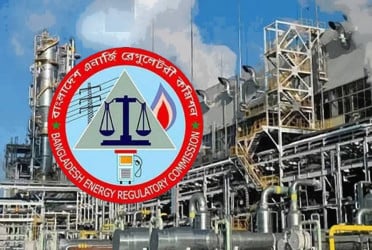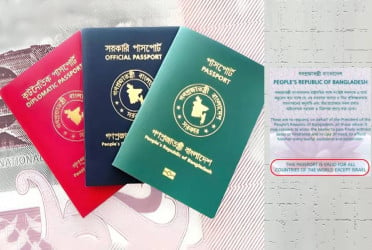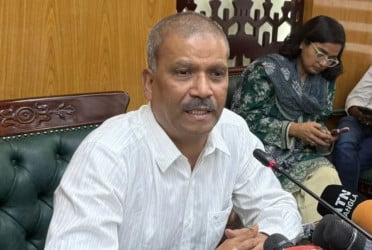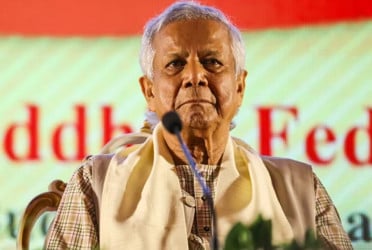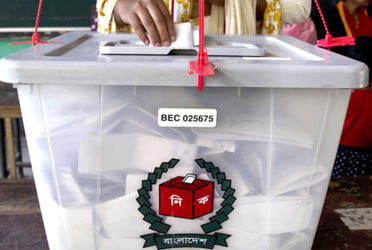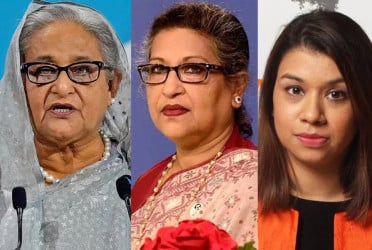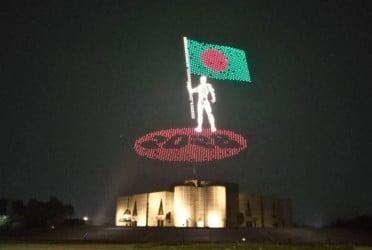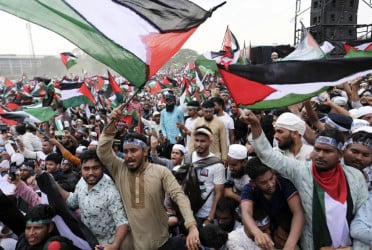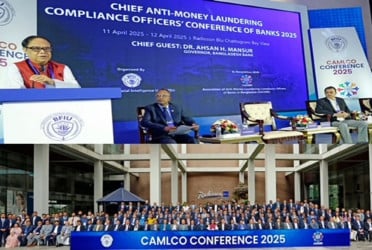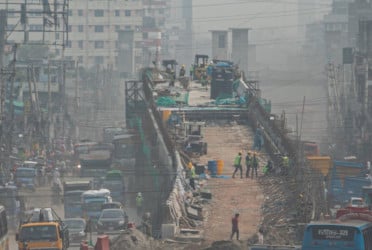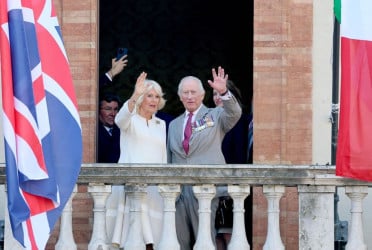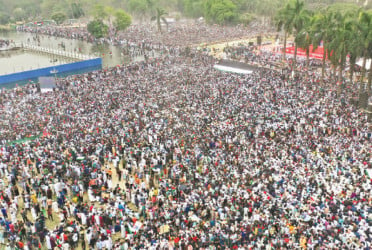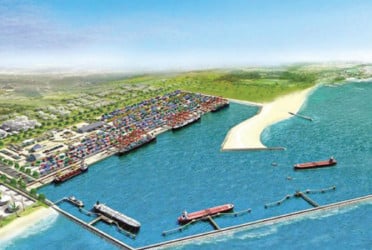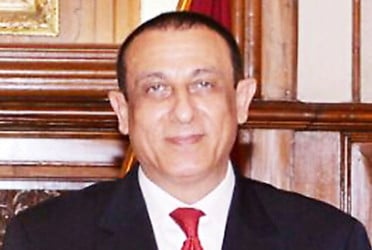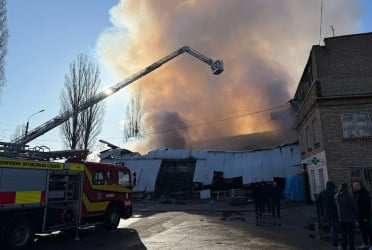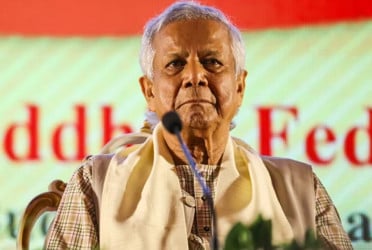Iran has expressed readiness to engage in indirect nuclear negotiations with the United States through Oman, while cautioning regional countries hosting U.S. military bases that they may face retaliation if involved in any attack, a senior Iranian official told Reuters.
Despite rejecting former U.S. President Donald Trump’s calls for direct talks, Iran is open to diplomacy mediated by Oman, a longtime conduit between the two nations. “Indirect talks offer a chance to evaluate Washington’s seriousness about a political solution,” the official said, adding that discussions could begin soon depending on U.S. messaging.
Iran has sent formal warnings to Iraq, Kuwait, the United Arab Emirates, Qatar, Turkey and Bahrain, stating that any support for U.S. military action—including use of airspace or territory—would be deemed hostile. “Such an act will have severe consequences,” the official said, noting that Supreme Leader Ayatollah Ali Khamenei has placed Iran’s armed forces on high alert.
Tensions have been heightened by conflicts in Gaza and Lebanon, U.S.-linked strikes in Yemen, a power shift in Syria, and Israeli-Iranian hostilities. These developments have alarmed Gulf nations, whose proximity to Iran and reliance on oil exports make them particularly vulnerable to wider conflict.
While regional governments have largely remained silent, Iran’s state media reported that Kuwait reassured Tehran it would not allow aggression to be launched from its territory. Turkey’s Foreign Ministry said it was unaware of any official warning but acknowledged that such messages could be delivered through informal channels.
Iran’s ally Russia condemned recent U.S. military threats, calling them unacceptable. However, a second Iranian official expressed doubt about Moscow’s long-term support, saying it may hinge on the dynamics between Trump and Russian President Vladimir Putin.
Trump has said he prefers a deal to confrontation and claimed to have written to Khamenei in March proposing talks. According to the first official, Oman could mediate shuttle diplomacy between delegations, with Foreign Minister Abbas Araqchi or his deputy Majid Takht-e Ravanchi authorized to lead Iran’s side.
The official estimated a two-month window to reach an agreement, warning that delays could prompt Israeli military action or trigger the reactivation of U.N. sanctions through the “snapback” mechanism. Iran maintains that it does not seek nuclear weapons, although it has sharply increased uranium enrichment to 60%, near weapons-grade levels.
Western powers argue such levels serve no civilian purpose and are consistent with weapons development. Tehran has said it is open to talks addressing programme concerns, but it has rejected direct talks under threat and declared its missile capabilities non-negotiable.
Earlier this week, Islamic Revolutionary Guards commander Alireza Hajizadeh warned that U.S. bases in the region could be targets in a future conflict. In 2020, Iran launched missile strikes on U.S. positions in Iraq following the assassination of IRGC commander Qassem Soleimani in Baghdad.
Bd-pratidin English/ Jisan

